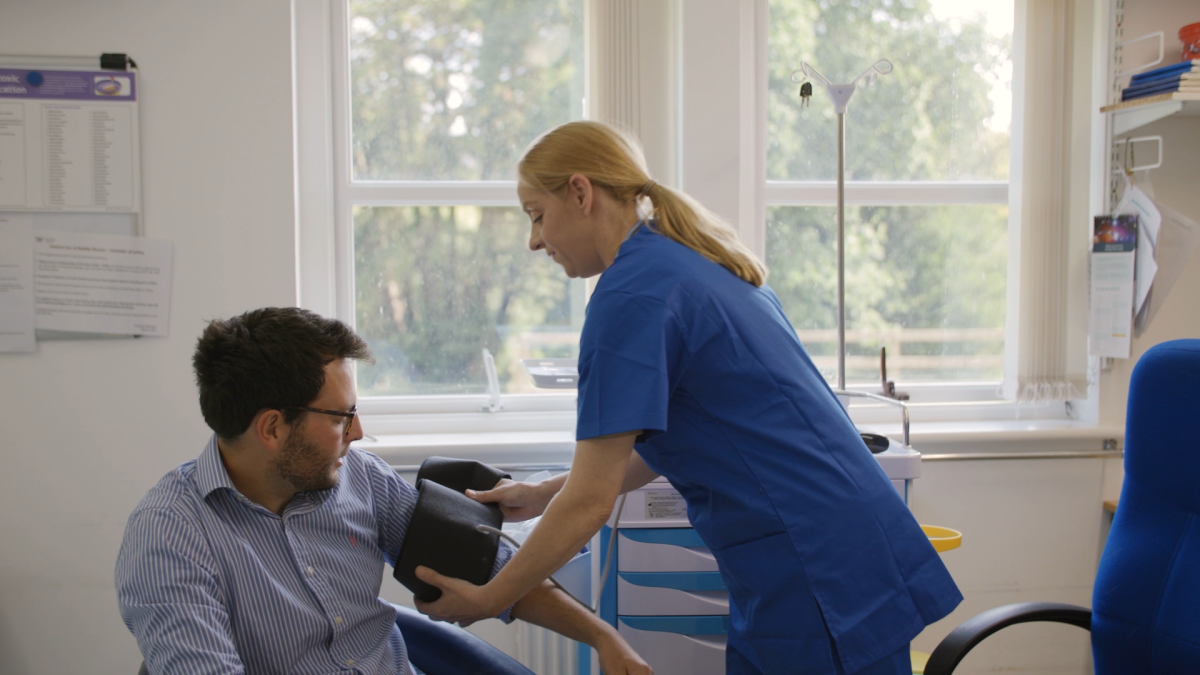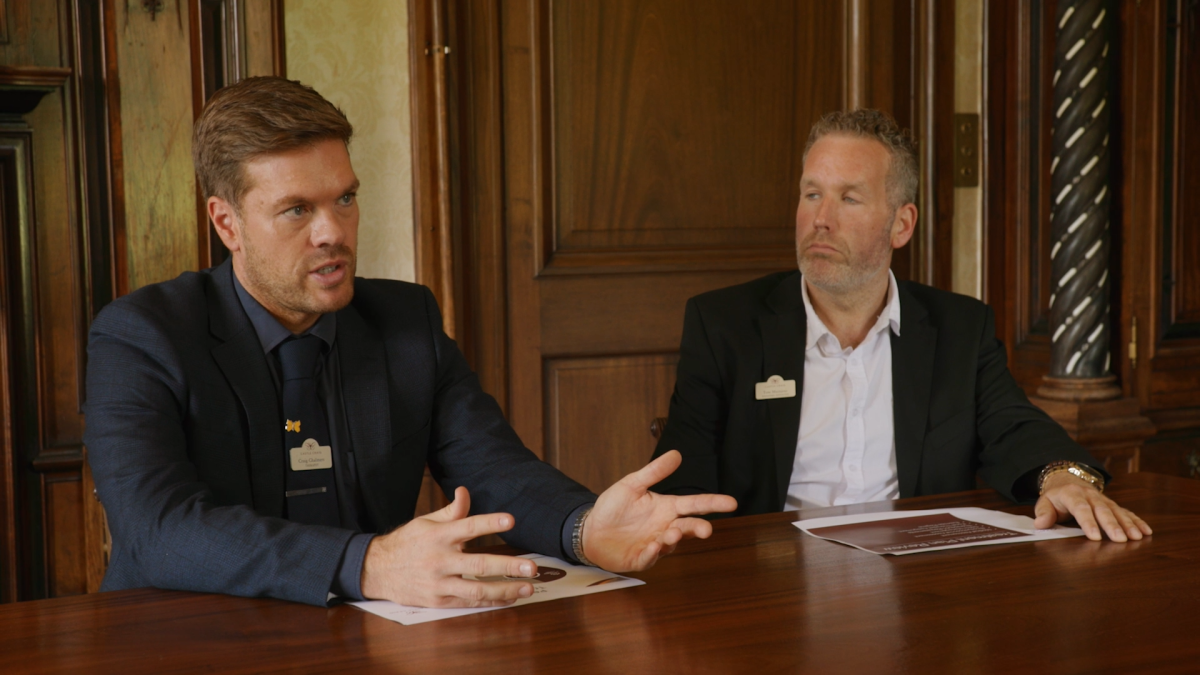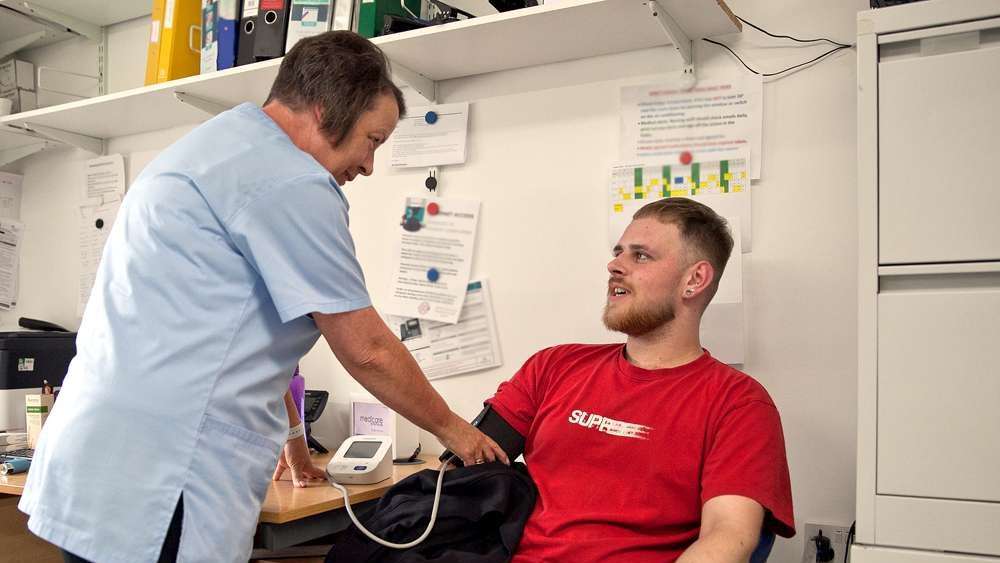Signs You May Be Struggling with Addiction
It’s easy to think of addiction and imagine the dramatic images we see in movies and headlines. Except, it can affect anyone, and you might not even notice.
It isn’t always drugs or alcohol, either. Addiction refers to any sort of stimulating habit. Due to its stigma and a lack of awareness, many people don’t get the help they need. Only half of those with drug dependence, for example, get professional mental health treatment.
Read on to learn more about how a habit can turn into an addiction, signs and symptoms to look out for, and steps you can take to get support.
What is Addiction?
Addiction might look very different from person to person, but all forms share a common thread — a loss of control over a habit, leading to negative consequences.
While we often picture alcohol or drug addiction as the most common type, the truth is that addiction can appear in many different ways.
Some people become so obsessed with work, for example, that their personal lives and health become severely affected. For others, impulsive shopping or sex and pornography may take over their lives. Smartphone addiction alongside online gambling and internet gaming is also increasing, showcasing how addiction can appear in almost any behaviour that offers an escape.
Even obsessions with exercise or healthy eating can turn into an addiction if done excessively and compulsively. Behavioural science experts agree that any stimulating behaviour that turns from a habit to an obligation can be considered an addiction and can cause harm to health, relationships, or work.
Recognising that addictive behaviours can develop in anyone and span a wide range of varying habits can help reduce its stigma. Substance misuse or addiction isn’t a moral failing, it’s a sign for support and treatment.
The Difference Between Misusing Drugs And Addiction
It’s important to know the difference between misuse and addiction. For example, drug misuse isn’t necessarily the same as drug addiction. While misuse also often involves negative consequences, addiction begins when you lose control over the habit.
Progression from one stage to another usually occurs along a spectrum, but it’s not the same for everyone. Addiction often begins with misuse, putting people at a higher risk of developing a dependence. However, alcohol misuse doesn’t always lead to alcohol addiction, for instance.
Some people may be able to still have some control over their patterns of drug taking, and noticing where someone lies along this spectrum can help make interventions more effective. Getting involved earlier rather than later, for example, might prevent misuse from turning into addiction.

Inability to Control Obsessive Thoughts or Cravings
Experiencing obsessive thoughts or intense urges can bring about a variety of difficult emotions, like helplessness, anxiety, and fear. When certain thoughts take over, there isn’t room for anything else. It’s powerful, persistent, and often intrusive.
The inability to control these thoughts and cravings can lead to despair, worsening someone’s mental health. This creates a cycle of addiction, where a strong compulsion appears and it feels as though the only way to get relief is to follow through on the urge.
After the temporary relief, however, negative emotions often follow. This can lead to more cravings to escape the pain, continuing the cycle.
Fortunately, with professional treatment, learning healthier coping mechanisms and long-term recovery is possible.
Increased Tolerance
No matter the type of addiction, a hallmark sign is the need for more to get the same effects.
Our bodies adapt to any substance or behaviour, making tolerance build. Naturally, this can lead to the habit taking more and more time and resources, affecting both mental and physical health.
If you notice your tolerance is increasing, it’s a sign to take a step back and try observing your cravings and patterns. Is the habit starting to interfere with your daily life, finances, mental health, or relationships? If so, taking immediate action can help prevent a slippery slope down a dangerous path.
As soon as you recognise a change in tolerance, consider speaking to a professional about how to move forward. It might be an indicator that a once casual habit or recreational use is becoming problematic or addictive.
Treatment might involve transitioning away from the habit in a safe environment (residential programmes), with professional support that addresses the underlying causes for long-term behaviour change.

Attempts to Hide or Conceal Behaviours (Denial)
It’s common for people to hide their addictive behaviours. After all, society has led us to believe that struggling with a disorder is a sign of weakness, which couldn’t be farther from the truth.
People suffering might try to conceal their signs and symptoms to avoid being judged, as they may already feel intense emotions of shame and guilt.
Keep in mind that people struggling with addiction, whether it be alcohol, drug use, or gambling, may also be suffering the negative consequences of a mental health problem. What they’re experiencing may be extremely difficult, and they may feel highly sensitive speaking about it.
Approaching the topic might end in a fight or denial on their part. In reality, they may be feeling extremely misunderstood, isolated, afraid, and judged.
You might notice more suspicious behaviour, like finding more prescription drugs or alcohol in the house, for example. It could also be covering up for missed work, get-togethers, or other obligations with vague or inconsistent excuses.
Changes in Appearance
While TV series and movies might portray people struggling with addiction with a certain appearance, the truth is that the signs aren’t always noticeable — especially if it’s not substance misuse. Some people may work hard to cover up any signs of addiction. Overall, it’s important to look out for both mental and physical health symptoms.
The most common signs of withdrawal symptoms in physical appearance include:
- Weight loss or gain.
- Appearing tired (puffy or dark eyes, low energy, etc.).
- Loss in self-care and personal hygiene (change in clothing style or general cleanliness).
- Unusual marks, bruises, sores, etc.
- Weakened immune system (getting sick more often, such as the common cold).
- A general decline in health.

Changes to Personality or Mood
It’s important to understand that addiction commonly occurs with anxiety and mood disorders (co-occurring disorders). It often works both ways, where struggling with mental health leads to addiction and vice versa. For example, a study on community substance use disorder found a staggering 70% were also diagnosed with a mental health disorder.
Depressive disorders, in particular, are most common in people with alcohol use disorder (AUD). People with AUD are 2.3 times more likely to have had major depressive disorder in the previous year.
Look out for signs of depression and anxiety, such as becoming withdrawn, irritability, difficulty sleeping, mood swings, and loss of interest in previously enjoyed activities.
Keep in mind that some people are skilled at hiding their symptoms, even from themselves. Taking the time to observe, without judgment, can help you better understand your situation.
Deflecting or Neglecting Responsibilities
Addiction impacts all aspects of life and can lead to an inability to manage daily tasks and relationships.
With its physiological and mental health effects, focusing on work may become more and more difficult. Absenteeism can increase, along with a loss of even caring about getting fired.
At home, it might look like you or your loved one no longer cares about their relationships. Promises may be broken, and spending quality time together might be fading.

Withdrawal Symptoms When Attempting to Quit
Once the body becomes dependent on something, its withdrawal can create a physiological response that ranges from mild to severe.
A withdrawal experience depends on the addiction and its severity, but it can occur even without a substance. For example, in one study nearly 90% of pathological gamblers reported restlessness and irritability when attempting to control their gambling. In 65%, at least one withdrawal-like symptom, such as insomnia, headaches, or loss of appetite was experienced.
Stopping any addiction often leads to psychological symptoms such as anxiety, depression, intense cravings, and irritability. As for physical symptoms, you might notice symptoms like nausea, sweating, restlessness, diarrhoea, or hallucinations.
Financial Problems
Just as mental health disorders are intertwined with addiction, financial problems are also interrelated. Meta-analysis studies show a relationship between debt and alcoholism and drug dependence, depression, and suicide completion. While causality is hard to establish, it’s clear that financial problems may lead to mental health struggles, and vice versa.
Whether it’s spending more or earning less, sustaining an addiction can lead to a strain on finances as well as mental and physical health.
Are You Concerned About Yourself or a Loved One?
Maybe right now you’re wondering if you fit the warning signs, or what could help you most. If it’s for a loved one, you might feel worried about how to broach the subject best and get them the treatment plan they need.
If you’re at all concerned, think about taking a moment to speak to someone about it. There is no commitment when you call us. You can speak to talk about your experiences freely and potentially gain insight to decide the best way to move forward.
If you’re unsure that your loved one is suffering from an addiction, keep in mind that alcohol or drug addiction signs may be more pronounced than other types of behavioural addiction. Concerned family members and friends might not notice subtler signs, making speaking to someone about your suspicions and potential addiction treatment options can make a difference.
You don’t always know if someone is struggling, but learning more about how to speak to your loved one without pushing them away has the potential to alter the course of their future.
We are Here to Help you Today
Don’t Suffer Alone. Our Friendly Team Are Waiting to Help You Start Your Recovery Journey.
Resources
- https://www.mentalhealth.org.uk/explore-mental-health/statistics/substance-misuse-statistics
- https://www.nhs.uk/live-well/addiction-support/addiction-what-is-it/
- https://www.ncbi.nlm.nih.gov/pmc/articles/PMC8622754/
- https://www.ncbi.nlm.nih.gov/pmc/articles/PMC3354400/
- https://www.ncbi.nlm.nih.gov/pmc/articles/PMC10379731/
- https://www.ncbi.nlm.nih.gov/pmc/articles/PMC8932605/
- https://www.tandfonline.com/doi/full/10.1080/17523281.2012.660981
- https://www.ncbi.nlm.nih.gov/pmc/articles/PMC6799954/
- https://www.cdc.gov/tobacco/campaign/tips/diseases/depression-anxiety.html
- https://pubmed.ncbi.nlm.nih.gov/24121465/
- https://www.mpft.nhs.uk/services/military-mental-health-service/mental-health-problems/substance-misuse
- https://pubmed.ncbi.nlm.nih.gov/24121465/

